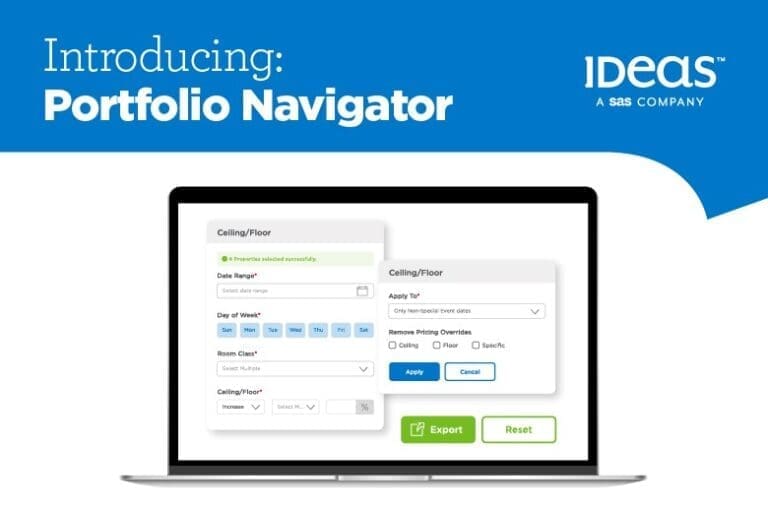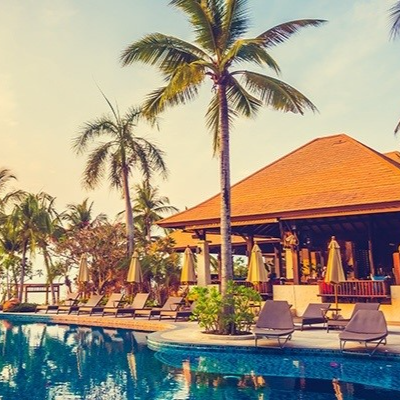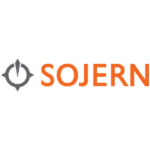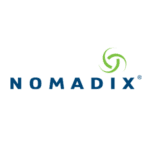“Global crisis,” “unprecedented disruption,” and “the new normal”—unfortunately, all these terms have taken over the hospitality industry outlook for the foreseeable future. However, as lockdown measures start to relax in many markets, some hotels have transitioned into recovery mode. So, what does that look like?
 When faced with the challenge of preparing to reopen a hotel in an uncertain environment, it can be difficult to know where to start. If you reopen your property, where will potential guests travel from and what will they want from their stay? Will people even book and what can be done to increase demand?
When faced with the challenge of preparing to reopen a hotel in an uncertain environment, it can be difficult to know where to start. If you reopen your property, where will potential guests travel from and what will they want from their stay? Will people even book and what can be done to increase demand?
The recovery trajectory for hotels will vary for individual properties, even those within the same market. For example, two hotels in the same city—one previously filled with domestic business and another with mainly inbound international demand—will see their occupancy and market mix rebound differently.
As international travel restrictions remain in place in Asia Pacific, countries are focused on opening internally, with tourism bodies investing in campaigns to encourage domestic tourism. Localised travel is expected to return quickly fueled by post-lockdown cabin fever and the desire to experience something new. This domestic surge in demand will mean hotels close to key domestic gateways, such as regional airports or ferry terminals, should prepare for growth in guest numbers. Hotels close to international airports, however, will likely continue to see suppressed demand for quite some time.
Given the ever-changing market conditions due to COVID-19 based on second-wave outbreaks and renewed fluctuating regional restrictions, how can hotels prepare for their reopening and what will guests expect?
Catering to post-lockdown guests
Part of a reopening strategy should include understanding who their post-lockdown guests are likely to be and what stay experience are they seeking? With ongoing international travel restrictions in place and public concerns about the safety of air travel, hotels will likely see guests arriving from within driving, rather than flying, distance. Given corporate travel has been banned or limited by many companies and MICE activity is anticipated to remain subdued until larger scale events can occur again, hotels should anticipate the domestic (or even micro-domestic) leisure market will be a key focus over coming months.
Domestic leisure guests (who may travel as families) will understandably be wary of putting themselves at unnecessary risk after social isolation measures are eased, and as such hotels need to provide services that make them feel secure and safe from a public health standpoint. Hotels should review their dining offerings to provide flexible options which allow for guests to enjoy meals in their rooms. This could include facilitating in-room meal deliveries from outside providers (like Uber Eats) and provide a boxed breakfast doorstep delivery instead of the traditional buffet.
Guests will likely be more conscious of limiting interactions in communal areas and want to move through these areas quickly, with minimal contact. Hotels should provide either virtual, kiosk or contactless check-in procedures and be properly staffed to handle front desk needs quickly and avoid lines and overcrowding.
Cleaning and hygiene protocols are now at the top of the list as a desirable commodity for guests. Where once making cleaning shifts visible throughout the day was avoided by hoteliers, it should now be encouraged to increase the frequency of cleaning and make this visible to guests seeking reassurance of their own safety. Hand sanitisers should continue to be made conspicuously available at all guest contact points (such as check-in desks), within rooms and in toiletry kits.
For upmarket or larger scale properties, enhanced sanitation protocols could extend to sectioning off a wing (or several floors) of their hotel where not only enhanced cleaning measures are practiced, but where only guests and staff who have undergone onsite COVID-19 tests (temperature or antibody) are permitted access. Communal-use areas like fitness rooms should set capacity limitations and give guests the opportunity to reserve equipment with thorough cleanings conducted between each use.
Identifying a recovery
Given that travel restrictions will be a key determining factor in future guest demand, the monitoring of any changes to guidelines from the World Health Organisation, local infection control and government bodies is critical. It goes without saying that the loosening or tightening of travel restrictions will directly impact a hotel’s ability to attract guests in the future.
To help prepare and scale hotel operations in line with a recovering market, setting of benchmarks to better understand if guest demand is returning and at what volume is vital. To aid with recovery efforts, hotels should carefully monitor growth in their business on the books by segment as well as geographic source. Identifying significant forecast changes (10 percent or more) for future months, plus understanding which segments are responsible for the upswing, will help hotels to accurately identify and target potential business.
Daily analysis of booking trends and patterns is essential. Government announcements are driving quick surges in demand with short lead time bookings and cancellations. Forecasting these scenarios and strategically planning a revenue response is and will continue to be a significant contributor to a hotel’s success.
Strategies for increasing demand
As hotel markets prepare to reopen, individual properties should review not only government travel guidance and market conditions, but also competitor positioning. The change in business mix and segmentation during a domestically focused travel market means your competitor set has changed and your product, guest experience and price positioning need to be reassessed. To accurately assess competitor pricing activity, hotels should study rival properties’ historical and forward pricing to determine if your premium category matches up in price points. In some situations, your club, suite or villa room types would be a far superior product at a price point similar to a competitor’s basic room and adjusting pricing accordingly could help grow demand and steal share.
Hotels can expect large uncertainty during the transition period as lockdown restrictions are removed. Customers will need more flexibility in case the situation changes again, and some may be fearful of committing to advance purchase rates with inflexible terms. Hotels that offer (and promote) greater booking flexibility will be more likely to secure bookings in uncertain times.
Customers who book higher-priced products such as suites are generally less price sensitive, but that does not mean it will still be the case in the future. Hotels should be aware that it may be harder to achieve the same room category premiums, so consideration must be given to your strategy when it comes to inventory sharing and how you upgrade guests within the hotel. Many airlines are operating with low passenger numbers and offering upgrades for all passengers. This approach provides a great experience and promotes loyalty, which should be fostered in a low-demand market.
Flexibility in pricing, restrictions and inventory management is likely to extend past this transitional recovery period. For example, if there is not enough demand for premium room types but there is excess demand for standard rooms, it may be wise to overbook standard rooms and provide complimentary upgrades to normally higher-priced rooms. Understanding demand by room type and analysing this in conjunction with optimising total hotel performance by using ‘what if’ modelling will enable hoteliers to make informed, data-based decisions.
Secure profitable business
Reviewing the relevance of existing pricing in the ‘new normal’ and using data to make thoughtful pricing decisions that support short- and long-term strategies is essential now more than ever. An automated revenue management system (RMS) enables hotels to price competitively and confidently under any circumstance, including at times of exceptionally low demand.
While profits will take time to recover, the best opportunity to generate revenue efficiently is to ensure the capture of the right business at the right price. In such circumstances, hotels should use an RMS which evaluates future pace, price sensitivity, unconstrained demand, and even prices by room type and market segment to ensure they drive the most profitable business to their property.
Be agile in a changing market
In times of uncertainty, it is difficult to predict a specific outcome. There will be plenty of time for historical business review, but now is the time to strategically model and plan, to prepare where you can, and to ensure your guests, employees and business are well protected in all aspects. An agile approach to evolving market conditions and the ability to adapt to changing guest needs and business conditions will certainly help hotels navigate a successful reopening.
About the Author
 As IDeaS’ area vice president for Asia Pacific, Rachel Grier is responsible for growing IDeaS’ Asia business and enhancing the company’s leading brand reputation in the dynamic Asian hospitality sector. Rachel possesses a unique combination of successful leadership experiences in enterprise software and hospitality sales and marketing. With more than two decades of experience, she has a record of growing businesses in the regional hospitality and travel sectors across a range of established and emerging markets in Asia, Pacific and the Middle East. She developed her travel industry sales and marketing skills across a range of travel technology and hospitality industry brands.
As IDeaS’ area vice president for Asia Pacific, Rachel Grier is responsible for growing IDeaS’ Asia business and enhancing the company’s leading brand reputation in the dynamic Asian hospitality sector. Rachel possesses a unique combination of successful leadership experiences in enterprise software and hospitality sales and marketing. With more than two decades of experience, she has a record of growing businesses in the regional hospitality and travel sectors across a range of established and emerging markets in Asia, Pacific and the Middle East. She developed her travel industry sales and marketing skills across a range of travel technology and hospitality industry brands.






























